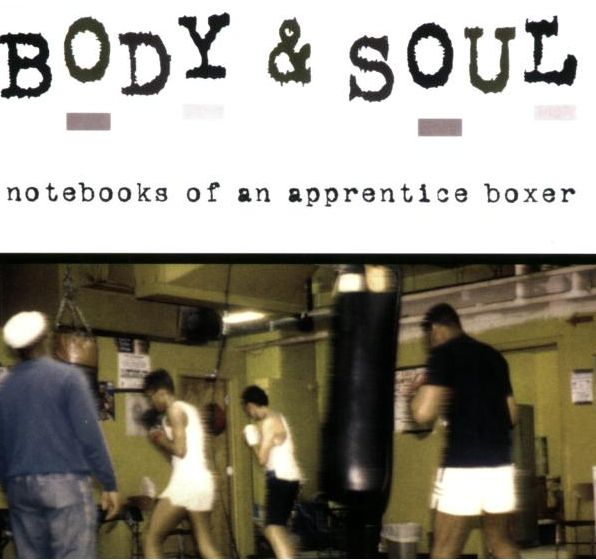 I have written an article for the forthcoming Special Issue of the Journal of Management Development. The overarching theme of the Special Issue is the Practical Wisdom for Management from the Islamic Tradition. In a former version of the article, I briefly compared my ethnographic experience in a Sufi Dhikr Circle, a mystical Islamic organization, with Wacquant’s experience as a participant-observer of boxing. This section did not make it into the final article. So here it is:
I have written an article for the forthcoming Special Issue of the Journal of Management Development. The overarching theme of the Special Issue is the Practical Wisdom for Management from the Islamic Tradition. In a former version of the article, I briefly compared my ethnographic experience in a Sufi Dhikr Circle, a mystical Islamic organization, with Wacquant’s experience as a participant-observer of boxing. This section did not make it into the final article. So here it is:
// Comparing ethnographic experiences
Much of the ethnographic experience resembles what Wacquant (2003) depicts in “Body and Soul”. Wacquant (2003, p. xi) describes the difficulty to depict anthropologically the practice of boxing: “how to account anthropologically for a practice that is so intensely corporeal, a culture that is thoroughly kinetic, a universe in which the most essential is transmitted, acquired, and deployed beneath language and consciousness…”. I feel equally in awe while the voice becomes a sound and rhythm mechanism and less a communication tool between humans. Communication through both read-singing and body movements occurs less between humans and rather between us and God, as well as between us and the environment pursuing what may be termed the “Unity of Existence (Lewin, 2000). The environment is not a religious décor, but actants which themselves perform religious practices like dhikr.
// Transcending the boundaries between physical & spiritual
Wacquant (2003, p. 17) continues to illustrate the difficulties in becoming a boxer: “…to become a boxer is to appropriate through progressive impregnation a set of corporeal mechanisms and mental schemata so intimately imbricated that they erase the distinction between the physical and the spiritual, between what pertains to athletic abilities and what belongs to moral capacities and will.” The activities during dhikr seem to have the same goal, to erase the distinction between the physical and the spiritual, between what the body and what the soul focuses on. The result, according to Wacquant (2003, p. 17), is that “[t]he boxer is a live gearing of the body and the mind that erases the boundary between reason and passion, explodes the opposition between action and representation, and in so doing transcends in actu the antinomy between the individual and the collective that underlies accepted theories of social action.” Equally, dhikr erases boundaries or merges the parts of the human being and merges the human with the Circle community and the environment, whereby the human becomes one with himself and with the social (humans) and non-social (environment) surroundings.
Wacquant, L. (2003), Body and Soul: Ethnographic Notebooks of an Apprentice Boxer, Oxford University Press: Oxford.
 Ein kurzer Rückblick und Ausblick. Ein paar Gedanken.
Ein kurzer Rückblick und Ausblick. Ein paar Gedanken.